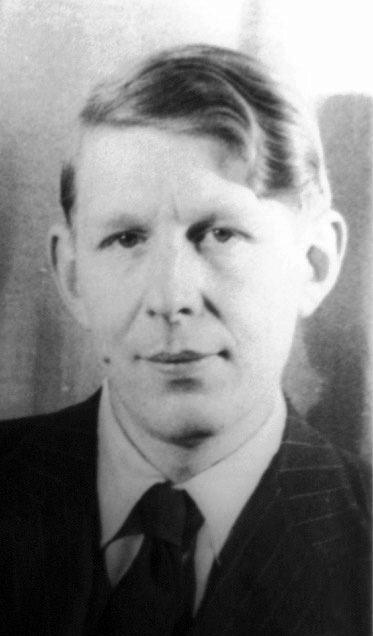Wystan Hugh Auden nejznámější citáty
Wystan Hugh Auden: Citáty anglicky
"C.P. Cavafy", p. 341
Forewords and Afterwords (1973)
Kontext: In most poetic expressions of patriotism, it is impossible to distinguish what is one of the greatest human virtues from the worst human vice, collective egotism.
The virtue of patriotism has been extolled most loudly and publicly by nations that are in the process of conquering others, by the Roman, for example, in the first century B. C., the French in the 1790s, the English in the nineteenth century, and the Germans in the first half of the twentieth. To such people, love of one's country involves denying the right of others, of the Gauls, the Italians, the Indians, the Poles, to love theirs.
“To ask the hard question is simple,
The simple act of the confused will.”
To Ask the Hard Question is Simple, first published in book form in Poems (1930)
The Fall of Rome (1947), lines 21–28
"The Greeks and Us", p. 21
Forewords and Afterwords (1973)
“The surest sign that a man has a genuine taste of his own is that he is uncertain of it.”
"Reading", p. 6
The Dyer's Hand, and Other Essays (1962)
“One can only blaspheme if one believes.”
"Concerning the Unpredictable", p. 472
Forewords and Afterwords (1973)
“Death is the sound of distant thunder at a picnic.”
A misquotation of a haiku by Auden found elsewhere on this page ("Thoughts of his own death" etc.)
Misattributed
Varianta: Thoughts of his own death,
like the distant roll
of thunder at a picnic.
As I Walked Out One Evening (1937)
"American Poetry", p. 367
The Dyer's Hand, and Other Essays (1962)
"As It Seemed to Us", p. 498
Forewords and Afterwords (1973)
Zdroj: Paris Review interview (1972), p. 266
"The Justice of Dame Kind", p. 464
Forewords and Afterwords (1973)
It's no use raising a shout (1929), first published in book form in Poems (1930)
Zdroj: Paris Review interview (1972), p. 251
"Notes on the Comic", p. 372
The Dyer's Hand, and Other Essays (1962)
Widely attributed online to Auden, this phrase does not occur anywhere in his writings. It is apparently a confused recollection of the title of his long poem The Age of Anxiety (1947). (The phrase "age of anxiety" occurs only in the title of the poem, not in the text, nor in anything else by Auden.)
Misattributed
"The Guilty Vicarage", p. 157
The Dyer's Hand, and Other Essays (1962)
"The Protestant Mystics", p. 52
Forewords and Afterwords (1973)
